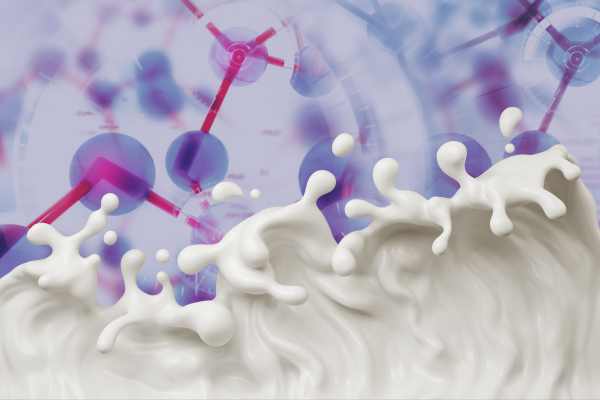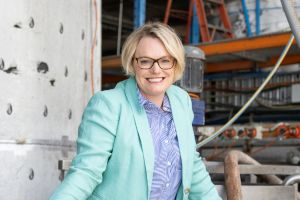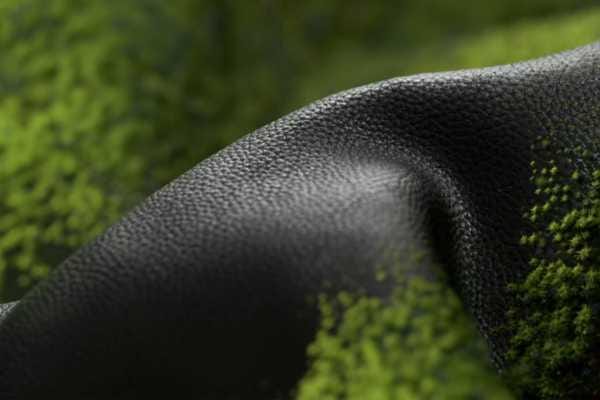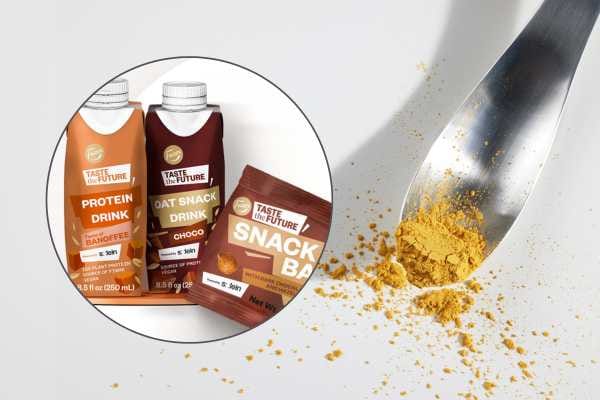Science cooks up low carbon recipes
The building blocks for a new breed of sustainable products are brewing in fermentation tanks.

The emerging field of precision fermentation is forging building blocks for a new breed of sustainable products.
Animal-free meat and milk, biodegradable plastic alternatives and even carbon capture solutions: our sustainable future is being cooked up in large fermentation tanks.
Scientists in regional Australia are using ‘precision fermentation’ to create a new breed of raw ingredients that will form the building blocks of sustainable, climate-friendly products.
Precision fermentation provides more precise conditions for genetically engineered yeasts and other micro-organisms to produce ingredients like fat and protein.
The budding process also holds the key to planet-friendly alternatives, but until now has been expensive to operate and mostly small-scale.
An Australian startup called Cauldron hopes to change that with the construction of a network of ‘fermaculture’ facilities and expertise with a view to helping businesses rapidly develop, prove and commercially scale new products and ingredients.
The company recently raised A$10.5 million from Main Sequence and Horizons Ventures to fund its vision.
Cauldron was founded last year and is led by precision fermentation scientist Michele Stansfield, previously of family-owned fermentation company, Agritechnology, which has now been acquired by Cauldron.
“Humanity has spent thousands of years getting fermentation to work. With Cauldron’s revolutionary fermaculture platform, we are supercharging that process and unlocking the next evolution of how we produce food, feed and fibre globally,” Stansfield says.
“Our technology, 35 years of expertise, combined with Australia’s unique infrastructure and abundance of natural resources, will help ensure companies in this space can get new products and ingredients to market quickly, at lower cost and risk.”
"We are supercharging that process and unlocking the next evolution of how we produce food, feed and fibre globally."

Cauldron’s customers so far include livestock feed companies, food and dairy companies and start-ups.
These include:
– ULUU, a Perth-based company using precision fermentation to create a plastic alternative made from seaweed
– Eden Brew, a CSIRO-backed startup that is using precision fermented proteins to create dairy-free milk which has the same taste and nutritional benefits as traditional milk
– Loam Bio, an Australian biotech company that is developing microbial technology with the help of Cauldron to help capture carbon and store it long-term in agricultural soil
– All G Foods which is producing animal-dairy and other proteins for use and application in consumer products
– Nourish Ingredients, a company that is creating sustainable, animal-free fats for alternative protein food brands.
Precision fermentation is part of an emerging field called synthetic biology, a type of science that involves redesigning organisms for useful purposes by engineering them to have new abilities.
“Synthetic biology-enabled solutions have applications in sectors like health, agriculture, biosecurity and the environment and could help us solve some of Australia’s greatest challenges,” says Australia’s national science agency, CSIRO.
According to the agency, these solutions have the potential to be “globally transformative” and to create a $700 billion global opportunity by 2040.
Until now, precision fermentation has been mostly used in pharmaceuticals to create products like insulin but is increasingly being used to develop new ingredients such as proteins, fats and fibres.
The tech
Precision fermentation technology uses genetically engineered yeasts, algae or bacteria to custom-make a wide range of new ingredients such as proteins, fats and fibres. These can then be used to create animal-free milk, plant-based meats or plastic alternatives. This typically requires the use of genetically engineered microorganisms which are then cultivated in brewery-style fermentation tanks. These microorganisms are programmed through a range of in-vitro nucleic acid techniques to ingest one material and excrete another.
Who funds it
Cauldron has raised A$10.5 million from venture capitalists Main Sequence and Horizons Ventures.
Is it ready to roll
Cauldron plans to build a network of precision fermentation plants in regional NSW, Australia.





